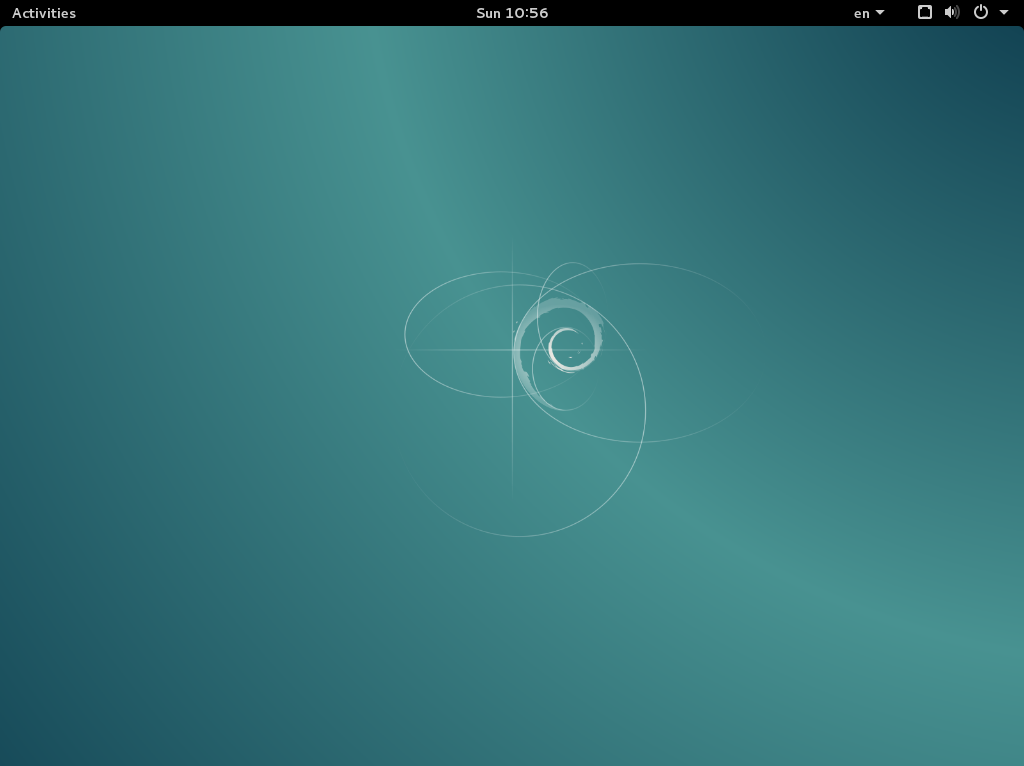
Google has begun the process of transitioning its internal machines' operating systems from Ubuntu to Debian after announcing last year it would make the switch.
Google's engineers have been using a customised version of Ubuntu called Goobuntu, naturally, for years, but according to Spanish website MuyLinux, the tech giant is now moving from a "light-skinned" distro which it has no contribution to, to gLinux, based on Debian Testing.
Rather than corporate-run Linux distributions like RHEL and SLES, Debian is primarily operated by the Linux community. This makes it somewhat more flexible than its business-focused counterparts.While it's also available as a desktop OS, Debian can be used in servers and the fact that it's supported by the community can often make the support structure more valuable, especially for small businesses or those without large IT needs.
While Google used Ubuntu's Long Term Support (LTS) builds as a customer of the Ubuntu Advantage Program, it was not an active part of the community. However, with Debian, Google will apparently be more of an active contributor, sending changes upstream and running on the Test stream in order to take advantage of faster testing of new builds.
According to MuyLinux, this could cause more problems for users over Ubuntu, but on the other hand it also means that Google will have more control over how to fix them, and the benefit a community at the same time.
However, it's not good news for Canonical. Ubuntu might have a big number of clients in servers, cloud, and remains the biggest distro for the limited PC market, but the loss of Google as a paying customer is sure to have some kind of impact.
Meanwhile, Debian is growing in popularity. It's already the default for millions of Raspberry Pi devices under the Raspian distro, so expect to see becoming the preferred OS across many other enterprises in the future.
Sign up today and you will receive a free copy of our Future Focus 2025 report - the leading guidance on AI, cybersecurity and other IT challenges as per 700+ senior executives
-
 The modern workplace: Standardizing collaboration for the enterprise IT leader
The modern workplace: Standardizing collaboration for the enterprise IT leaderHow Barco ClickShare Hub is redefining the meeting room
-
 Interim CISA chief uploaded sensitive documents to a public version of ChatGPT
Interim CISA chief uploaded sensitive documents to a public version of ChatGPTNews The incident at CISA raises yet more concerns about the rise of ‘shadow AI’ and data protection risks